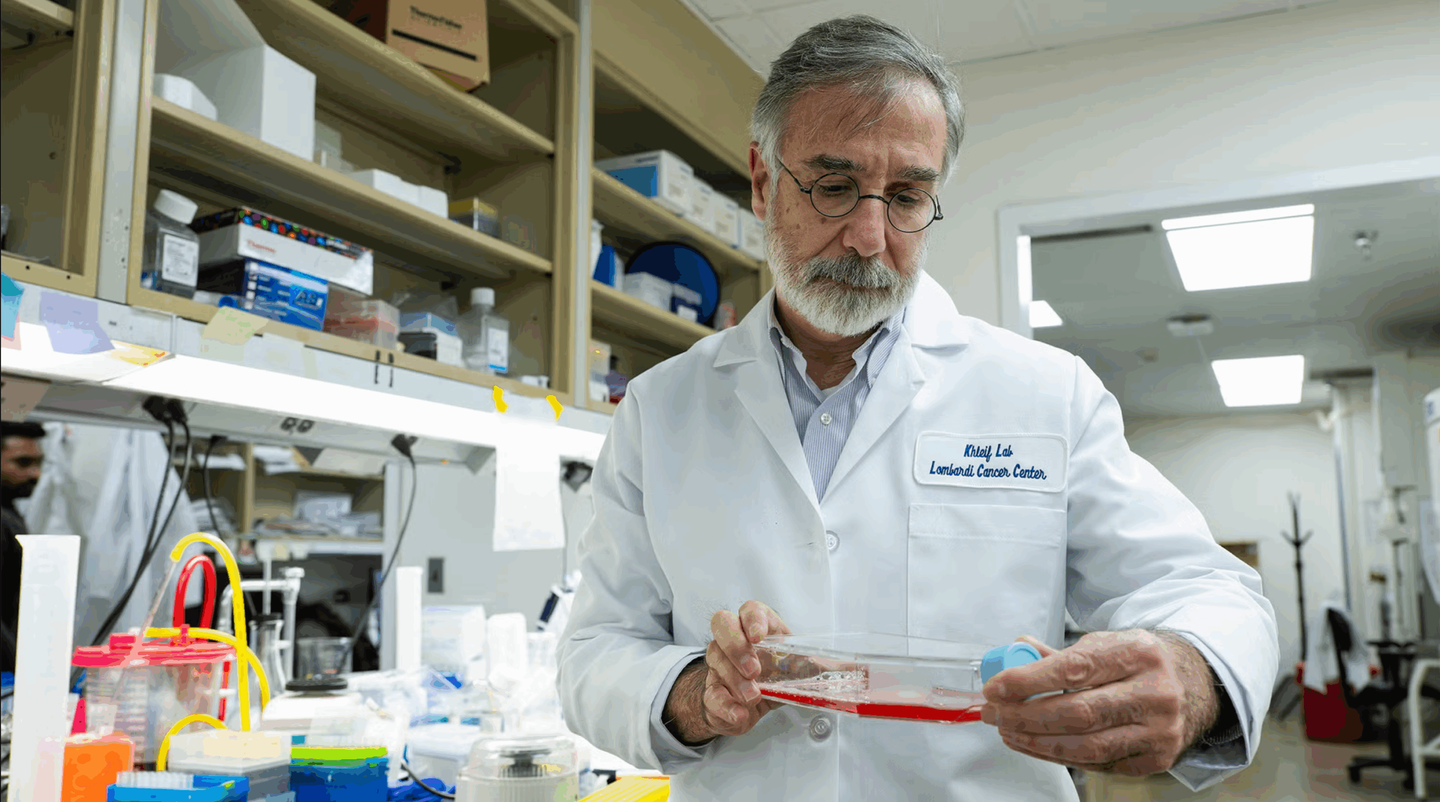Feeling threatened can lead to miracles, study finds
Study suggests that miracles are not a thing of the past but an integral part of people’s lived experiences, especially in times of threat

[Oct. 11, 2023: Staff Writer, The Brighter Side of News]
Study suggests that miracles are not a thing of the past but an integral part of people's lived experiences, especially in times of threat. (CREDIT: Creative Commons)
In an increasingly globalized and technologically advanced world, the topic of miracles might seem anachronistic to some. Yet, a groundbreaking study from Baylor University suggests that for many, miracles are not a thing of the past but an integral part of their lived experiences, especially in times of existential threats.
The study, titled "In the Valley of the Shadow of Death: Insecurity and Miraculous Experiences", was spearheaded by sociologist Ed Eschler, Ph.D., and has been published in the Review of Religious Research.
The Genesis of the Research
Over the years, there's been extensive research on religious experiences and their effects on individuals. "However, what causes a person to have miraculous experiences has received little attention," said Eschler. By miraculous experiences, he refers to any instance where a person believes an outcome or event was steered by supernatural forces.
Baylor University sociologist and researcher Ed Eschler. (CREDIT: Baylor University)
Recounting the foundational ideas of the research, Eschler stated, "It's tempting to think of miracles on a biblical scale: Moses parting the Red Sea and Jesus restoring sight to the blind. However, this thinking excludes the lived experiences of most people." He continued by addressing a common societal assumption, "We often think wealthy and educated individuals favor scientific, rational explanations for these events. However, rising evidence suggests that it's the security that wealth and education provide that diminishes reliance on religious explanations."
Delving into Latin American Beliefs
To gain a comprehensive understanding of modern-day miracles, Eschler turned to Latin America. Why? "Most people have had some sort of supernatural experience," he stated. "In less developed regions like Latin America, researchers probe these 'fringe beliefs'. Interestingly, such beliefs aren't that uncommon in developed nations like the U.S. either."
Statue of La LLorona: Guatemalan ghost stories of mythical evil spirits and horrific creatures are part of the folk culture and have been passed down for generations. (CREDIT: Creative Commons)
Using data from a 2013 Pew Research Center survey, which encompassed 15,400 respondents across 16 Latin American countries, Eschler's revelations were startling. A staggering 57% believed they'd experienced a miracle. Moreover, education had no correlation with these experiences, debunking long-held stereotypes. He noted, "Respondents with no formal education were as likely to experience a miracle as those with a college degree. It's not about intelligence, but education infrastructure. In the U.S., over 90% have a high school education compared to around 40% in Latin America."
Economic Dynamics and Miracles
Despite the significant developmental gains in Latin America in the past three decades, especially post the Cold War economic downturn, Eschler found that absolute poverty does impact the likelihood of experiencing miracles. "Absolute poverty" is defined as the inability to afford basic necessities such as food, clothing, or medicine.
Related Stories
His research also highlighted a broader societal pattern. Contrary to the popular belief that societies veer away from religion as science and rationality take precedence, his findings reinforced that during tumultuous times, when existence feels threatened, individuals lean more heavily into their faith and seek religious explanations.
Eschler's data revealed a telling profile. Those most likely to experience a miracle were typically older, Black, Pentecostal Protestant women with traditional social and religious beliefs, and uncertainty about their financial future. On the opposite end were young, white/mestizo Catholics, with fewer traditional beliefs and financial security. But he pointed out, "Every group has members who have experienced miracles."
Historical Context and The Modern World
Historically, the supernatural was an integral part of society. "Miracles were more common," Eschler said. "But as the world turned secular, there's a recognition that outcomes might just be due to random chance, even if there's a belief in the divine."
People who experience threats to their existence — which these days may well be economic and political instability — are more likely to experience miracles, according to a Baylor University study. (CREDIT: Creative Commons)
What remains unchanged is the human instinct to find explanations for inexplicable events, especially in times of personal turmoil or collective chaos. "In my study, I emphasized individual economic hardship, but others have explored countries affected by warfare or terrorism," he added. "While many now turn to doctors or governments, some still find solace in the supernatural."
The study also offers a lens to view the current global socio-political climate, particularly the rise in conspiracy theories. Eschler concluded, "Those propelling these theories might be seeking solace from uncertainties. For them, a world controlled by a villainous conspiracy seems more palatable than one controlled by nobody."
In a rapidly evolving world where the known often blurs with the unknown, Eschler's research is a timely reminder of humanity's eternal quest for answers, be it through science or the supernatural.
Note: Materials provided above by The Brighter Side of News. Content may be edited for style and length.
Like these kind of feel good stories? Get the Brighter Side of News' newsletter.



